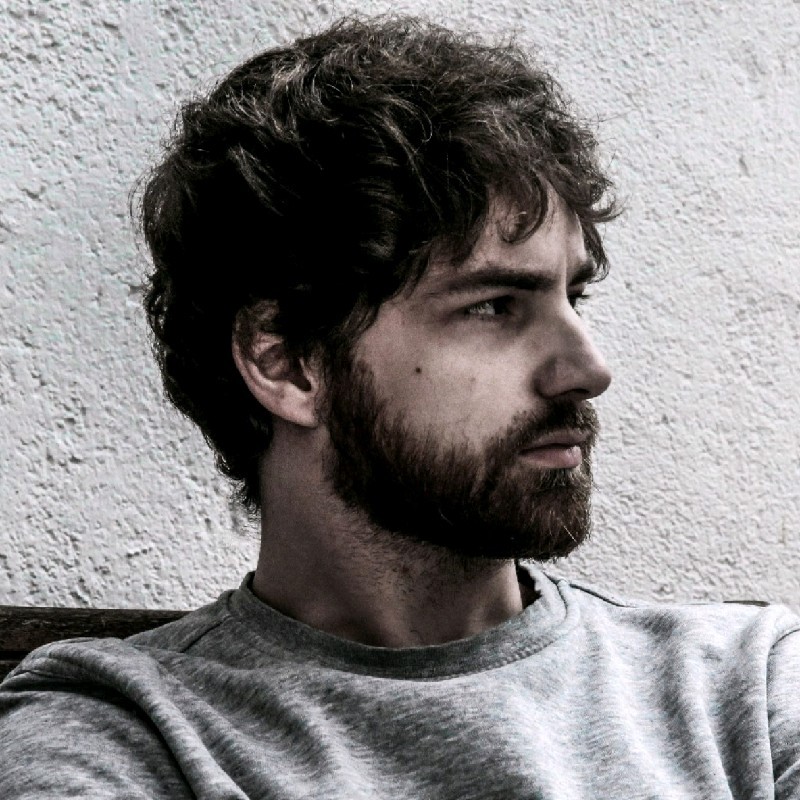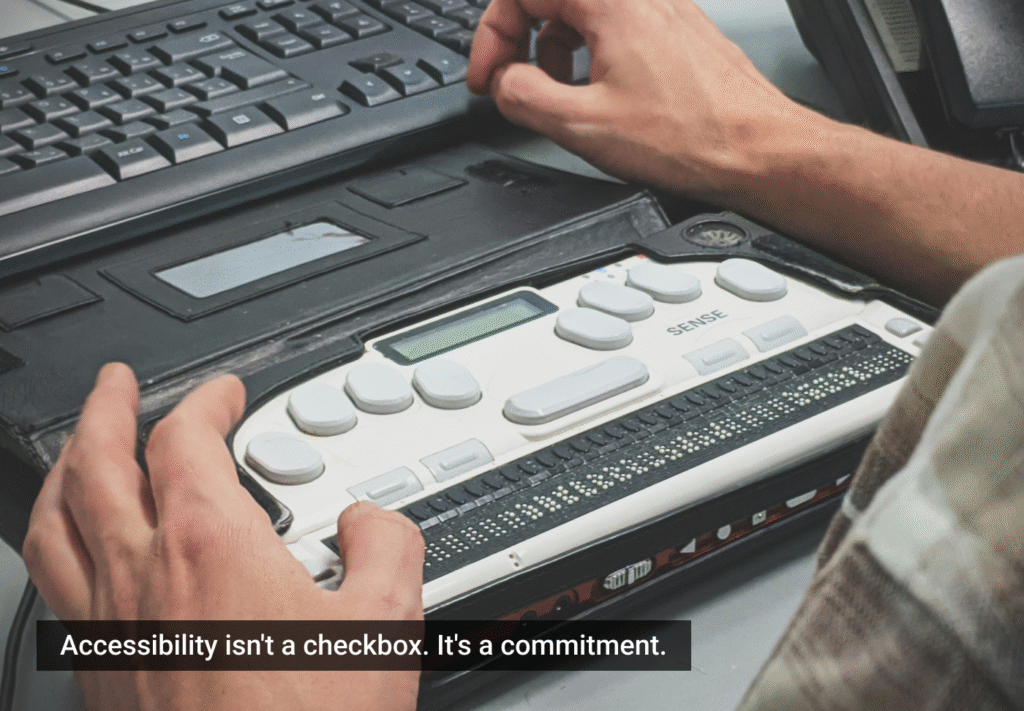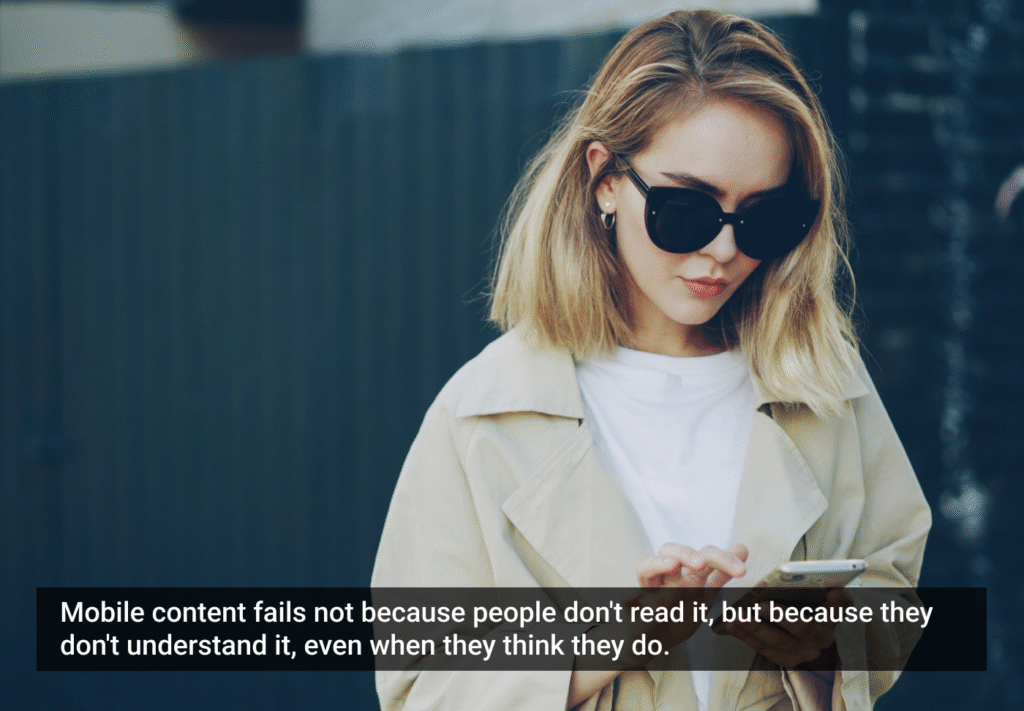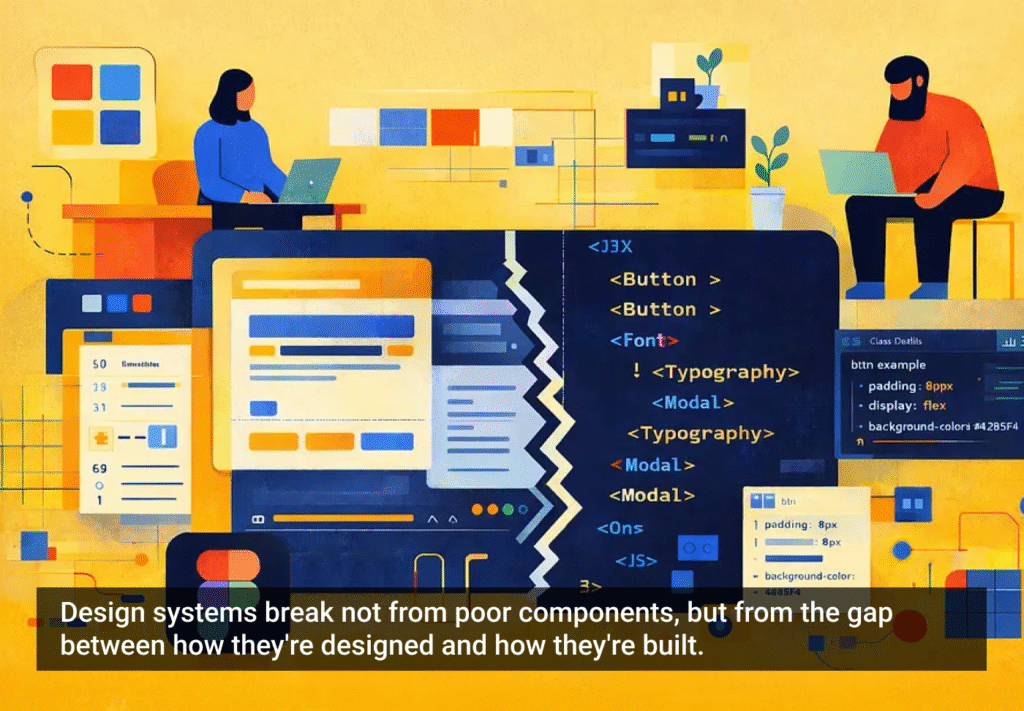Save

By the year 2000 people worried that professional chess was doomed.
Who would prefer inferior human games when IBM’s Deep Blue could beat then-world champion Garry Kasparov? Machines would get better and better: if they could already outmatch the best humans, what was the point? We would surely just sit there, in awe, admiring chess-playing machines transcend beyond comprehension.
It didn’t happen.
Machines got better, true, but humans kept playing. And we kept watching other humans play. Perhaps it was because chess engines like Deep Blue, or its modern version, Stockfish, are too inhuman. They are strong players but cold and calculative. The spark of genius can’t be codified, which results in a lack of insight and inventiveness. That’s a turnoff.
Circa 2020. This time was different—surely no one will ever watch another human chess match now that AIs play not just better than the best humans but the likes of AlphaZero do it in an uncannily similar creative way. As the NYT put it, AlphaZero “played … intuitively and beautifully, with a romantic, attacking style.” What’s left for humans to offer?
But it didn’t happen either.
We still enjoy watching humans play chess against humans just as much or more than before. If anything, AI has made us better players overall.Subscribe
Given the evidence, I wonder where the fear that AI will make human creativity obsolete comes from. Why do we think that once AI learns to write better than Shakespeare and Tolstoy, compose better than Mozart and Beethoven, or paint better than Picasso and da Vinci, it will be the end of human creativity? Even now, as I argue to counter that notion, I can’t help but feel a sting of fear for a loss that seems certain.
But that kind of fear appears irrational when the only category where AI has undoubtedly surpassed humans forever points to the contrary: we still enjoy (and consume) the way humans play chess. Actually, “chess is booming.” There are reasons, like increased online competition, that could partially explain the trend, but isn’t it weird regardless? Now that humans are, for the first time in history, not the best chess players, we pay more attention to the game. Magnus Carlsen, arguably the best human chess player in history, can only dream of beating Stockfish or AlphaZero yet we love seeing him play—we love seeing him win despite knowing that better chess is possible.
This is the paradox of AI-driven obsolescence of human creativity, for lack of a better name. Looking ahead it seems inevitable and painful. In retrospect it’s non-existent.
One explanation is that we like imperfection.
AI may not be foolproof (yet) but it lives in an always-optimizing state that drives it toward a kind of flawlessness—too alien, too artificial—out of reach for us always-flawed humans. And we happen to like flawed humans do stuff: Carlsen and Kasparov, however brilliant, still make mistakes, yet we rather see them play one another than face AlphaZero. We like to see them play well, and play not-so-well, and fail and recover and fight and earn a hard win—that’s attractive; that creates thrill and suspense and expectation for what will happen next.
When anything is possible our interest remains intact. We don’t seek perfection, but being surprised—perfection doesn’t have room for surprises.
How does this transfer to writing and artistry, only recently threatened by ChatGPT and Midjourney? I’d say in exactly the same way, at least for the writing and painting whose goal is to entertain us, surprise us, and keep us engaged. (There’s creative work whose purpose is none of that, e.g. when the primary goal is to obtain monetary value from the output. That’s a different problem that deserves adequate attention.)
A personal essay written by a fellow living human with human experiences, human emotions, human drives and dreams and hopes pulls us more than anything qualified as perfectly written—it’s not the pristine paragraph but the one that resonates with us best that makes us want to read on. The same goes for painting and drawing. As the quote attributed to Leonardo da Vinci goes, “Art is never finished, only abandoned.” You can’t edit an artwork to perfection. Contrary to what people may intuitively think, the sweet spot of creativity lies between greatness and perfection.
I give a fair amount of credibility to this explanation but I don’t think it’s enough. For instance, watching the AI-simulated Magnus Carlsen bot play is nowhere near as exciting or enjoyable as watching the real Carlsen play despite both playing, by definition, similarly “imperfect” chess.
There’s another solution to the paradox that solves this shortcoming. I confess that I personally prefer this one because it’s more comprehensive and more poetic, it radiates a powerful optimism, and, above all, because it’s as simple as it gets.
Humans like humans.
That’s it. It is not human imperfection that captures our attention, but humans, plain and simple.
I watch videos of world-class athletes performing incredible feats that I can hardly distinguish from perfection—and I like it. I read essays written by fantastic authors that I can only describe as perfect since there’s nothing I could add or suggest to improve them—and I like them. I watch Carlsen display a chess mastery I wish I understood, which to me is undifferentiable from watching AlphaZero play—and I like it more.
But then we’re left with another question: why do we like it a lot more when humans do things well than when AIs do those things better? I believe the answer lies in the delicate balance between similarities and contrasts shared by every member of the human family.
To continue with the chess example, when I watch Carlsen play I unconsciously know he’s subject to the human condition, just as I am, and yet he’s beautifully breaking my notions of what’s possible for a human to do. In a way, I deeply identify with him as my peer and, at the same time, he’s way above me in this particular thing that I enjoy watching him do. That doesn’t happen with AlphaZero. It’s that discrepancy between Carlsen and me, grounded on an irreplaceable familiarity, that makes it always interesting and, at times, extremely exciting and surprising.
Here’s another good example that reveals a similar insight from a different perspective. The cover image you see above, which went viral this week on Twitter, was made with Stable Diffusion. There’s some degree of human ingenuity in finding the right prompt but not in the art itself. People loved it at first—the play of objects with shapes and shadows is captivating—but once they realized it was AI art, they didn’t hesitate to attack the piece they claimed to love moments earlier.
Part of the reason is traditional artists’ pervasive contempt for anything coming out of an AI model, but I think that doesn’t explain it fully. The main reason why people dismissed a nice artwork for the sole reason of being made by AI is the same reason that explains why I like watching Carlsen play chess more than watching AlphaZero.
Humans and AIs are intrinsically subjected to different rules.
Unconstrained from human limitations, AIs are like amoebae, capable of taking any shape in our imagination. That’s why we can fantasize about them becoming superintelligent and why we can easily see them surpassing us in every measurable category. We rightly assume they achieve superb feats by harnessing their boundless nature, not by effort, hard work, or cultivated talent as humans do.
It’s unsurprising we don’t value what they can do by the same metric that we value what we can, even when they do it better in the absolute sense. We will always prefer to watch humans do stuff and achieve feats because they are bound by the same rules we are—and it’s only from that shared basis that they can become great and admirable.
Interestingly, this same principle applies to entities other than AIs, like animals. We don’t compare Usain Bolt with cheetahs or Michael Phelps with dolphins—we know they play under different rules. We like watching Bolt win the 100 meters and Phelps earn a handful of gold medals with performances that would be laughable for many animals. Just as we like watching Carlsen win the world chess championship with unacceptable moves by AlphaZero standards.
The anthropological distance between humans and AIs breaks the spell otherwise intact of their magnificent ability. Fear for human creativity is unwarranted because we don’t really like perfection for the sake of perfection, as we reasonably but mistakenly believe. We prefer to witness, appreciate, and enjoy the creations and performances of our fellow human beings when they’re imperfect just as much as when they appear to be perfect.
AI can’t make humans obsolete because humans like humans too much.
By definition, AI can’t compete with that and never will.
Alberto Romero
Alberto Romero is a freelance writer who focuses on tech and AI. He writes The Algorithmic Bridge, a newsletter that helps non-technical people make sense of news and events on AI. He's also a tech analyst at CambrianAI, where he specializes in large language models.
- The article explores the paradox of AI-driven obsolescence of human creativity.
- It discusses why the fear that AI will make human creativity obsolete is unfounded, highlighting that humans inherently prefer human creations, imperfections and all, over AI-generated perfection.







